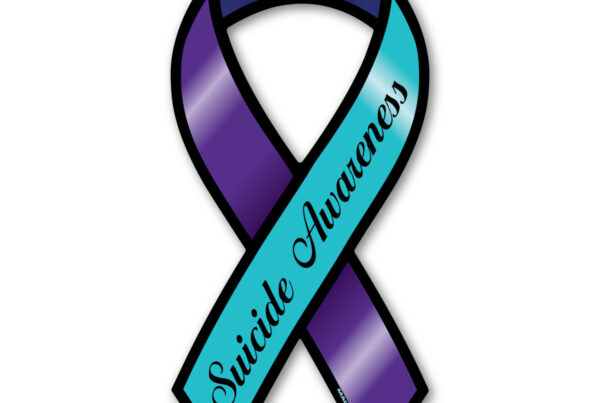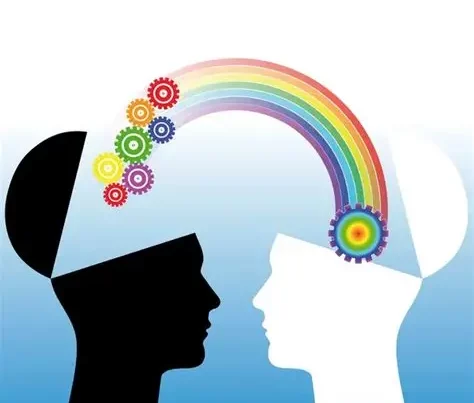In this webinar Dr. Fruzzetti will share his wisdom on conflict within a relationship. Relationships are both a source of great joy and sometimes enormous hurt. Unfortunately, destructive conflict and dysregulated emotion (e.g., “it’s his/her/their fault!” or “he/she/they need to change!”) can make improvements difficult and lead to loneliness and despair.
Fortunately, DBT skills with couples, parents and families can help break disappointing and painful cycles or patterns. In this webinar, Dr. Fruzzetti will address how we can help our clients (and ourselves) move from misunderstanding, disconnection, destructive conflict and invalidating responses to accurate expression, understanding, validating responses, collaboration and connection. He will focus in particular on the role of relationship mindfulness and demonstrate how to teach, coach and practice these skills to build satisfying connections.
Learning Objectives | By the conclusion of this event, participants will be able to:
- Identify problems that lead to emotion dysregulation in relationships, and how they result in inaccurate expression and invalidating responses
- Teach and coach two key components of relationship mindfulness
- Employ relationship mindfulness to build more “accurate expression ßà validating response” transactions
Instructor | Alan E. Fruzzetti, PhD, is on the faculty at Harvard Medical School, professor emeritus at the University of Nevada-Reno, a co-founder of the Center for DBT and Families, and a research fellow at University College Cork (Ireland). He is on the board of directors of DBT-LBC and the World DBT Association, and a past-president of the National Education Alliance for Borderline Personality Disorder (NEA-BPD). He has developed dialectical behavior therapy for parents, couples and families and other successful DBT programs for people with suicidality, borderline personality disorder and other problems with emotion regulation, including the free NEA-BPD Family Connections program for family members, and trained extensively in both DBT and DBT for families. His research focuses on the connections between emotion dysregulation and interpersonal or family processes and interventions to help both individuals and relationships. He has authored more than 130 research and clinical papers and book chapters, two books, testified to Congressional committees, and has lectured and trained professionals and the public in more than two dozen countries on BPD, DBT, suicidality, stress and trauma, family problems and DBT family interventions.
Thank you to our sponsors:





